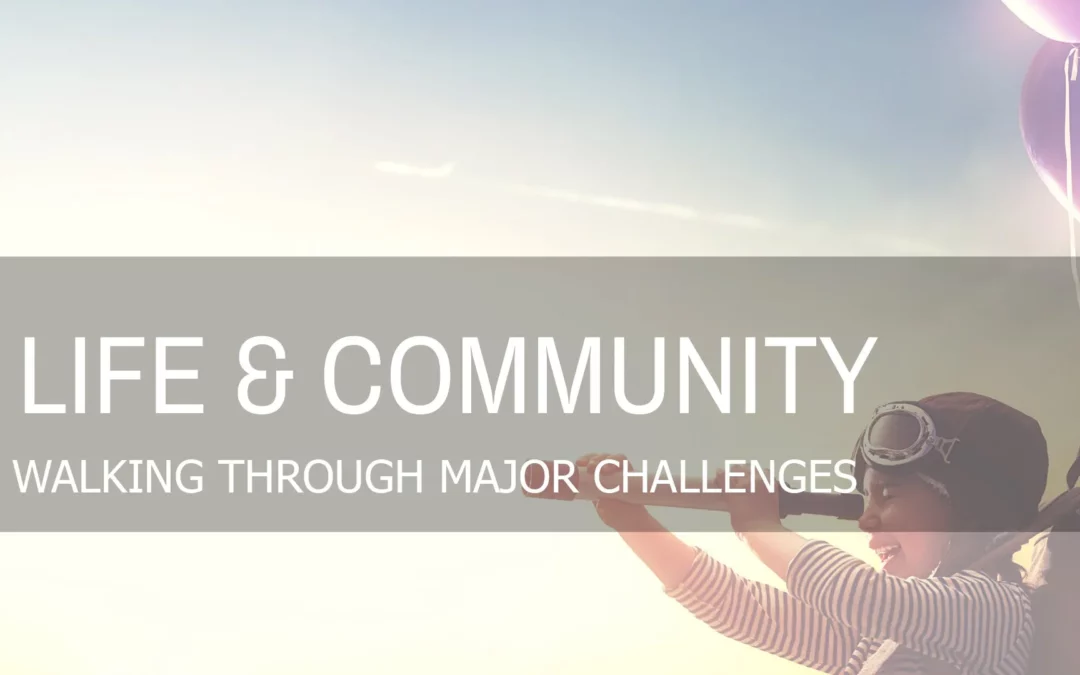Life can be difficult, but how can we heal from devastating things that happen to us? Three key things can help: positive influences, time, and perspective. Whenever anything traumatic (“emotionally disturbing or distressing”) happens, an automatic physiological (emotional) association becomes imprinted into the brain. We, in turn, develop a heightened awareness for people, things, events, or places which act as reminders of the traumatic experience (typically called triggers). Some examples of trauma include: bad relationships, accidents, injuries, surgeries, the death of a loved one, medical issues, growing up poor, and abuse of any kind.
Positive Influences
To start the healing process, we first want to limit the exposure to the triggers while seeking out positive new experiences to replace the negative associations. This helps to decrease the intensity of the triggers over time and potentially eliminate them. To note, this does not mean to become avoidant and ignore the elephant in the room but to take steps to reduce influences which may negatively impact our overall well-being and quality of life. This acts to help decrease fixation on our thoughts and feelings so we may get the clarity and emotional space that we need to move forward. Otherwise, we usually end up being haunted by the past and remain stuck. With that said, this process can take some time with little bits of progress here and there. Progress is not linear when it comes to the human mind; we often back track or take detours. Sometimes, we need to reexamine previous paths that we took or redirect the path. Other times, the mind needs time to process significant thoughts and feelings before proceeding onwards.
Time
Next, taking your time is important. Trying to rush and not allowing yourself enough time to grieve or process the changes in the situation can set the stage for unresolved issues. This may create more problems in the future. Allow yourself to feel and to acknowledge emotional discomfort and pain, because acceptance leads to the road to recovery. The more you actively try to push things down, the more internal conflict there will be which our minds have difficulty reconciling with. It takes much more energy to juggle and maintain a façade rather than being truly at peace with yourself. Remember, everybody has his/her own unique timeline that is right for him/her, regardless of external expectations.
Perspective
Last, but not least, seeking perspective is key to gaining deeper understanding of the situation and decreases the fixation/analysis rut that is quite easy to get stuck in. We can get so consumed by our problems that we forget to look up and around ourselves. As such, it’s important to reach out for support, pursue adventures, enjoy the little things (such as eating good food with good company), and not to forget to have fun.
Despite how life may present challenges, it’s amazing what tools our mind provides us to help us walk through challenges.



